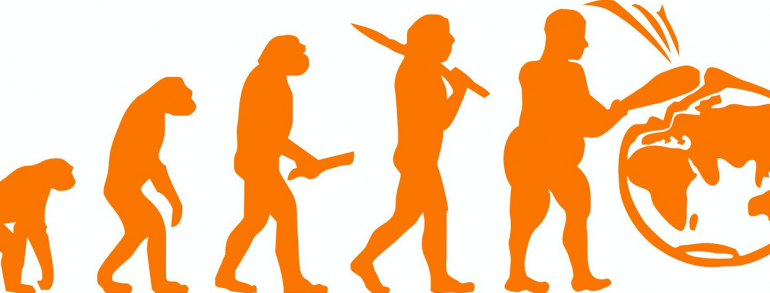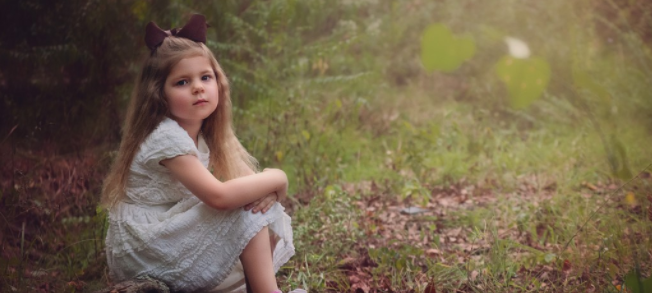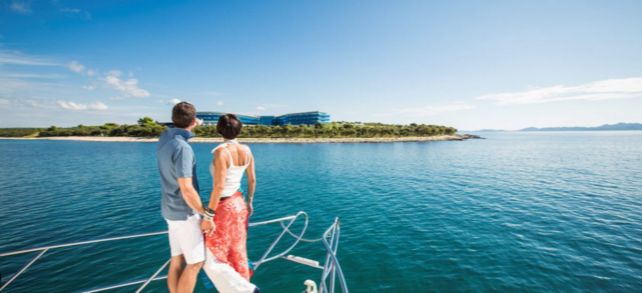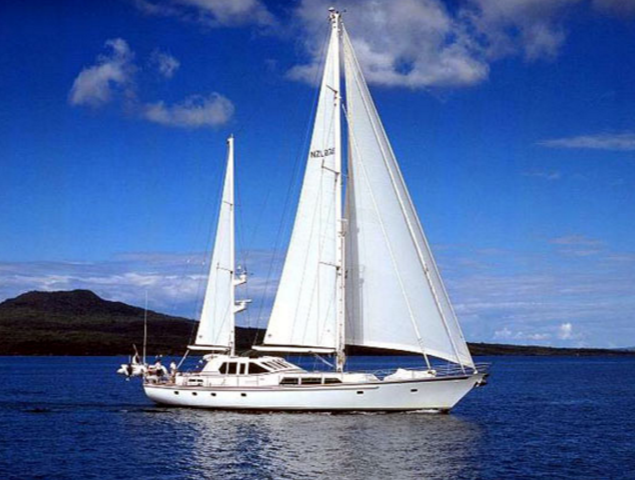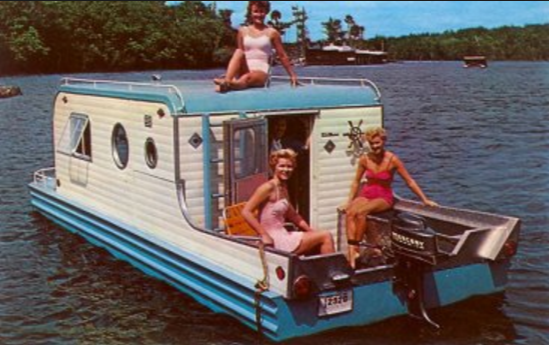
How unbearable. Tilikum of Blackfish fame has died at SeaWorld, and I am angry—again—and I am raging on social media—again. So, too, are many others.
The collective outpouring of grief on behalf of a killer whale may strike some as questionable. People wonder: Why do we react with fury and indignation at the suffering of animals when human beings are suffering every day?
Take, for example, the death of Cecil the lion. Back in July 2015, I was taken to task by a friend for flippantly wishing a visit from karma upon the Minnesota dentist who killed Cecil. In a world full of violence, she wondered, how could I essentially call for more violence, and against a human being? I wasn’t really doing so. Social media often functions as a repository for the venting of one’s spleen, and is not generally confused with fatwa-like calls for the deaths of others. But her comment did get me thinking.
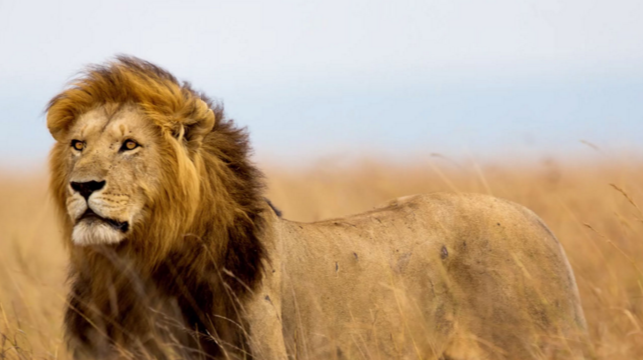 I wonder if one of the reasons the deaths of “Tilly,” Cecil the lion, Marius the giraffe, Sateo the elephant, Harambe the gorilla and other iconic megafauna trouble us so is because our childhoods were infused with books and movies and mythology of these great beasts. They are deeply embedded in not only our earliest memories, but in our own moral development, which was carefully cultivated with animals as literary devices in the stories our parents passed down to us. Ferdinand the bull and Dumbo the elephant taught us lessons about how to be better humans. Aesop’s fables helped us learn right from wrong, good from bad, safe from unsafe.
I wonder if one of the reasons the deaths of “Tilly,” Cecil the lion, Marius the giraffe, Sateo the elephant, Harambe the gorilla and other iconic megafauna trouble us so is because our childhoods were infused with books and movies and mythology of these great beasts. They are deeply embedded in not only our earliest memories, but in our own moral development, which was carefully cultivated with animals as literary devices in the stories our parents passed down to us. Ferdinand the bull and Dumbo the elephant taught us lessons about how to be better humans. Aesop’s fables helped us learn right from wrong, good from bad, safe from unsafe.
In contrast, the human beings who capture, keep, and kill animals are archetypal villains, determined to exploit the animal kingdom for their personal gain.
Whether media is a mirror or a magnifying glass, it plays an indisputable role in whipping up global outrage. Most of us crying out in anguish over cruelty toward animals, myself included, actually participate in it thoughtlessly.
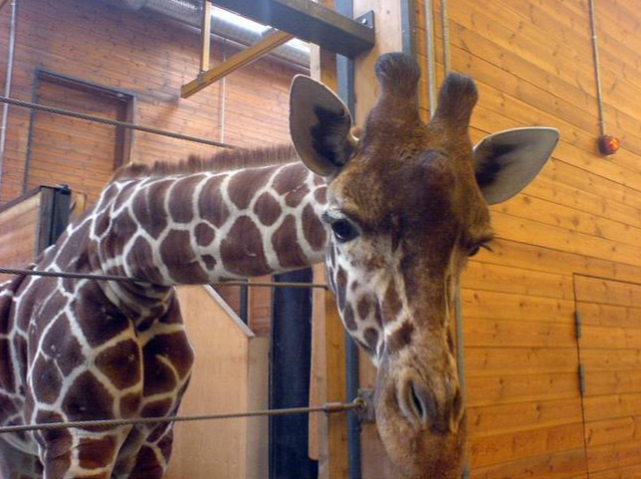 Perhaps we eat meat, or use cosmetics tested on animals, or wear leather. We might eat organic free-range meat that is humanely butchered, as I do, and justify it by explaining that the animals had happy, dandelion-filled lives in sunny pastures. Maybe we do not patronize seaquariums or circuses. But in our hearts, we all know we’ve damaged many species on Earth—our own included.
Perhaps we eat meat, or use cosmetics tested on animals, or wear leather. We might eat organic free-range meat that is humanely butchered, as I do, and justify it by explaining that the animals had happy, dandelion-filled lives in sunny pastures. Maybe we do not patronize seaquariums or circuses. But in our hearts, we all know we’ve damaged many species on Earth—our own included.
I do things to get myself through the shame. I watch baby elephant videos, and lose my mind over anything to do with walruses, and follow animal conservation sites, and obsess over the happiness of my pets. I apply all of these behaviors like a balm.
How do most of us persevere in the face of this? We boycott. We donate. We sign and share petitions. By doing these measly things, we feel better, because we are doing something, but on a deeper level we are devastated by the gravity of what can’t be fixed.
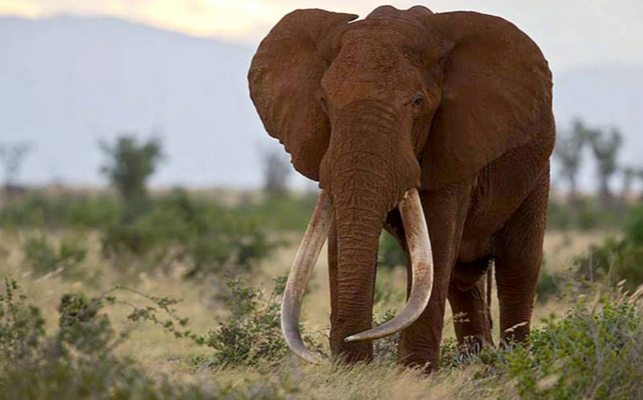 Into this internalized culpability comes the news of dog meat festivals in China or an impassioned video by a veterinarian about an abused kitten. Or, we look at our Facebook newsfeed and watch a ticker tape speed by of articles about Tilikum, clicking Facebook’s new “Angry” emoticon on every one of them.
Into this internalized culpability comes the news of dog meat festivals in China or an impassioned video by a veterinarian about an abused kitten. Or, we look at our Facebook newsfeed and watch a ticker tape speed by of articles about Tilikum, clicking Facebook’s new “Angry” emoticon on every one of them.
Animal suffering seems to pierce the thick skin we have built up to numb ourselves to what we are doing to our fellow creatures. The mistreatment and exploitation of animals represents a colossal failure of stewardship on our part, as well as the most unfathomable moral decay, rendered especially painful when we consider the role these animals played in our childhood moral development to begin with. We are traitors. Animal innocence has the unique power to break through our denial. We are animals too, but we live increasingly out of sync with nature and have all means of justification for what 7.3 billion individual humans are doing to millions of other species—and to each other.
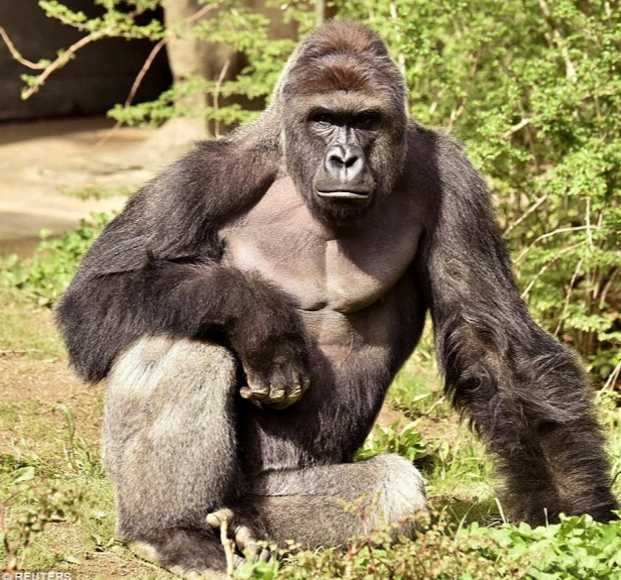 I am feeling the pain of my skin being torn—a profound disgust for humanity filtered through a moment of recognition, a glance in the mirror. There is exquisite vulnerability in the realization of our own fleeting existence and its disproportionately disastrous effect on the only habitable environment we know of as it spins through the cosmos.
I am feeling the pain of my skin being torn—a profound disgust for humanity filtered through a moment of recognition, a glance in the mirror. There is exquisite vulnerability in the realization of our own fleeting existence and its disproportionately disastrous effect on the only habitable environment we know of as it spins through the cosmos.
When people ask, How can we care more about a dead orca than we do about human-on-human atrocities? I think it’s the wrong question. We can care about it all. And we can stop elevating the value of human life over other life, since that’s what has gotten us into this mess in the first place.
Lori Day is an educational psychologist and consultant with Lori Day Consulting in Newburyport, MA, and the author of Her Next Chapter.
Photo credits
Tilikum: National Geographic News
Cecil: The Vegan Voice
Maurius: TreeHugger
Sateo: The Telegraph
Harambe: The Mirror

